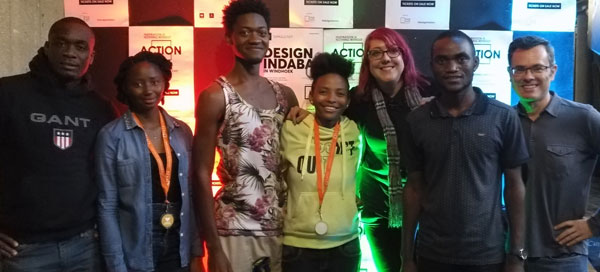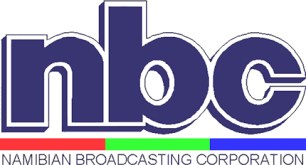
Design Indaba simulcast in Windhoek deemed a success

From music being used as a prescription drug to behind the scenes information on how mobile application ‘duo lingo’ is set up – Windhoekers immersed themselves in to the world of creativity and design the past week during the Design Indaba.
After South Africa, Namibia was the first African country to jump on the Indaba bandwagon, live streaming the conferences, performances and talks in Windhoek. This year, Uganda, Kenya, Nigeria and Switzerland joined the Indaba.
The simulcast from Cape Town gave those in attendance the opportunity to learn about in-depth developments linked to the International design world at the 2017 Design Indaba Simulcast, broadcast live at the Franco Namibia Cultural Center (FNCC) in Windhoek and with the participation of the national science and technology university’s (NUST) innovation hub, Fablab Namibia.
The three day event featured world-renowned designers like Kate Moross and the founders of Ikea and offered topics that covered the field of psychology to geography, from live art performances to an unexpected tribute for Archbishop Desmond Tutu himself. Countless topics, all having design as their common denominator, and sprinkled with a general helping of creativity and technology were the centrepiece of sharing ideas and inventiveness across the globe.
The Design Indaba Conference, a world renowned platform for inspiration, motivation and creation, has since 1995 focused on bringing international ‘thought leadership’ to South Africa. It has evolved into one of the world’s leading design events and hosts more than 40 speakers and 2 500 delegates every year.
The hosts of the Windhoek event conducted a survey where the results confirmed that the event was a hit. To the question of whether the 2017 Design Indaba Simulcast in Windhoek offered something to the Namibian Design Aesthetic/Identity, the resounding answer was a confident yes. Maike Soutschka said; “Definitely, it really inspired the young and upcoming designers, bringing to light the creativity element that many have been looking for.
Pricing of tickets was an issue for some, but it did provide value for money, with students getting a discount as well. Prizes were given away, surprise food platters and a look into some of the designs from the Namibian Fashion council, all organised by FabLab. Students from the College of the Arts on the final event presented the FABlab co-founder, Bjorn Wiedow, with a gift of appreciation for bringing the innovative festival to Namibia and with relayed positivity and awe at the range of content and information gained.
Local telecommunications company, MTC sponsored the much needed Internet connectivity and 99FM brought local movie screenings during the evenings to promote local talent. The FABlab and 99fm Cinemafest held at FNCC together with RedHot Media and Joe Vision productions added an extra cultural dimension, showcasing the best of local movies and Q&A’s with local film-industry experts.












































